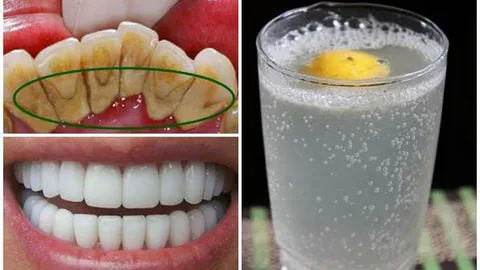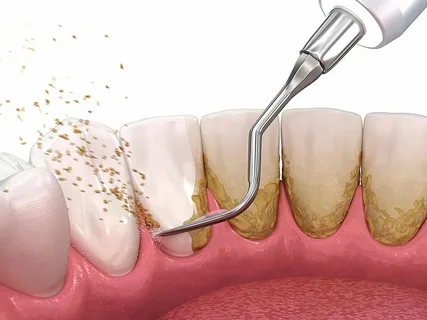Scaling: A Key Procedure in Dental Hygiene
Scaling is a professional dental cleaning procedure that involves the removal of plaque, tartar (calculus), and stains from the teeth, typically below the gumline. It is essential for maintaining good oral health and preventing gum disease.
Why is Scaling Important?
Prevents Gum Disease:
Plaque and tartar buildup can lead to gum inflammation (gingivitis), which can progress to more severe gum diseases like periodontitis if left untreated. Scaling helps eliminate these deposits, reducing the risk of gum disease.Prevents Tooth Decay:
Plaque and tartar can also contribute to cavities. By removing them, scaling helps prevent tooth decay and preserves your teeth.Improves Oral Hygiene:
Regular scaling removes surface stains and helps maintain a cleaner mouth. It enhances your overall oral hygiene and gives you a brighter, healthier smile.
The Scaling Procedure
Examination:
The dentist or hygienist will first examine your teeth and gums. They may take X-rays to assess the health of your teeth and the extent of tartar buildup.Ultrasonic Scaling or Manual Tools:
- Ultrasonic Scaling: A specialized tool that uses vibrations and water to break up tartar and remove it. It is particularly effective for removing large deposits.
- Manual Scaling: A dentist or hygienist may also use hand-held instruments (scalers) to carefully remove tartar and plaque from each tooth’s surface, especially around the gumline.
Polishing:
After scaling, the teeth are polished to smooth the surfaces and remove any remaining plaque or stains. This also helps reduce plaque buildup in the future.Post-Procedure Care:
After scaling, you may experience some gum sensitivity or mild bleeding, especially if you have gum disease. This usually subsides within a few days.
Benefits of Scaling
Improves Gum Health:
Scaling helps reduce gum inflammation, bleeding, and infection, promoting healthier gums.Reduces Bad Breath:
Tartar and plaque buildup can contribute to persistent bad breath. Scaling helps remove the sources of bacteria responsible for odor.Prevents Tooth Loss:
By controlling gum disease and maintaining healthy gums, scaling helps preserve teeth and prevents tooth loss due to advanced gum disease.Brightens Teeth:
Scaling can also remove surface stains caused by food, drinks, or smoking, resulting in a brighter smile.
Key feature about Scaling

Removes Plaque and Tartar

Prevents Gum Disease

Improves Oral Hygiene
Frequently asked questions
Here are descriptions for FAQs about Scaling to provide a clear understanding:
Scaling is a professional dental cleaning procedure that removes plaque, tartar, and stains from the teeth, particularly below the gumline, to prevent gum disease and tooth decay.
Scaling is important because plaque and tartar buildup can lead to gum disease, tooth decay, and bad breath. Regular scaling helps maintain good oral health and hygiene.
Scaling is generally not painful, though some mild discomfort or sensitivity may occur, especially if there is significant tartar buildup or gum disease. Numbing may be used for added comfort.
Scaling is typically recommended every 6–12 months, but this depends on your individual oral health needs. People with gum disease or heavy plaque buildup may require more frequent cleanings.
Yes, scaling removes surface stains caused by food, drinks, or smoking, which can result in a brighter, whiter smile.

